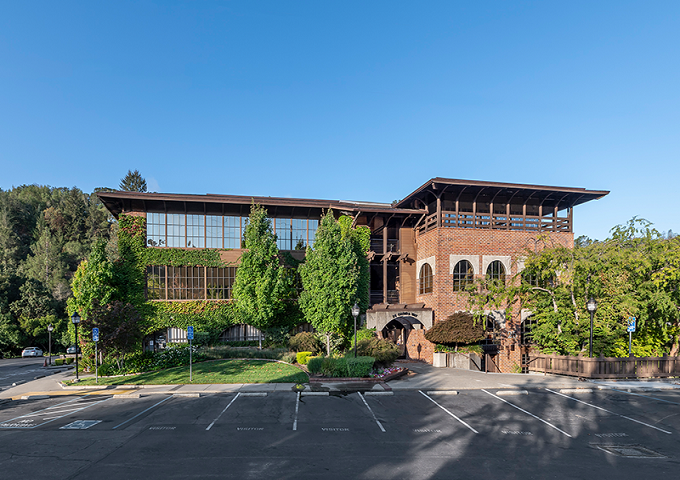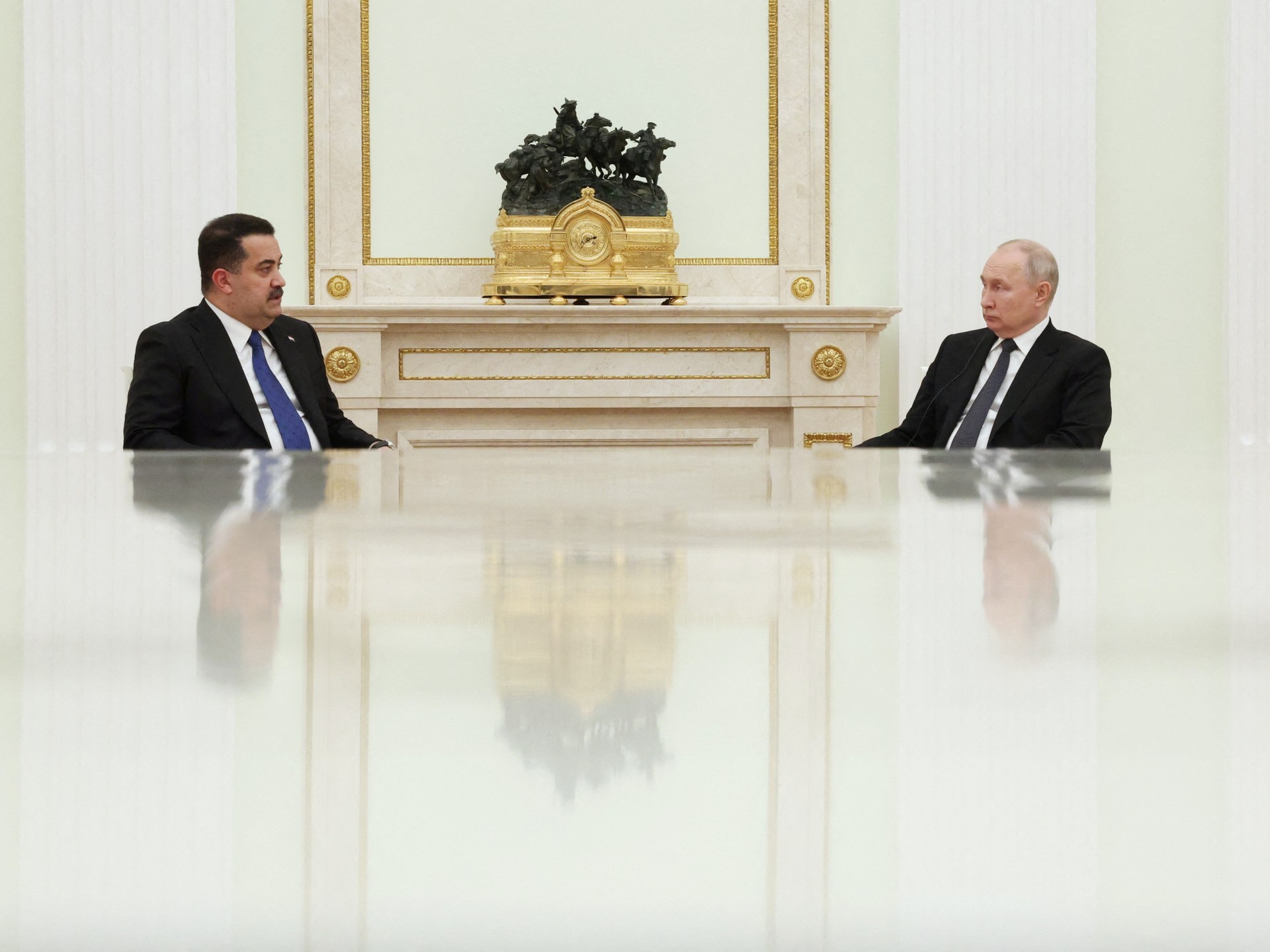Massive protests have rocked Israel for months as Prime Minister Benjamin Netanyahu attempts to push through a controversial ‘reform’ of Israel’s judiciary. Thousands of protestors have taken to the streets, accusing Netanyahu of attacking the heart of Israel’s democracy. Mint breaks down the controversy.
- At the heart of the crisis is a series of changes that Netanyahu’s government wishes to make to Israel’s judicial system. Elected towards the end of 2022, Netanyahu leads a right-wing coalition of deeply nationalist parties. But the social and political extremism of some of Netanyahu’s allies has raised concerns in Israel.
- In January, Israel’s justice minister released a set of highly controversial judicial ‘reform’ proposals that would, among other things, reduce the power of Israel’s judiciary by allowing a simple majority of the country’s parliament, the Knesset, to override judicial verdicts. Another proposal seeks to reduce the judiciary’s ability to review Israel’s Basic Laws, which function as a sort of informal constitution.
- The proposals also seek to change how Israel’s judges are selected. Currently, legal experts and politicians form a committee that selects judges. Netanyahu’s changes would give elected officials the upper hand in this body and increase their ability to appoint judges of their choice.
- These proposals have proved enormously divisive. A wide cross-section of society, including secular Jews, the vibrant tech industry, and Israel’s military reservists have expressed reservations about them. Thousands have descended on the streets for weeks on end to resist the government’s efforts.
- Matters are made murkier still by Netanyahu’s troubles with the law. He is being investigated on corruption charges and his attempts to tinker with Israel’s judicial system have raised questions about a conflict of interest.
- As protests have dragged on, Netanyahu’s government has dug in its heels. On Thursday, Israel’s parliament passed a law that restricted the attorney general’s ability to declare the prime minister unfit for office. Now, only a two-thirds majority of the cabinet can declare the PM unfit.
- As the controversy drags on, figures like President Isaac Herzog have attempted to intervene and push a compromise but Netanyahu dismissed these efforts. Herzog for his part has expressed concern that the country is headed for “civil war”.
Download The Mint News App to get Daily Market Updates.
More
Less















